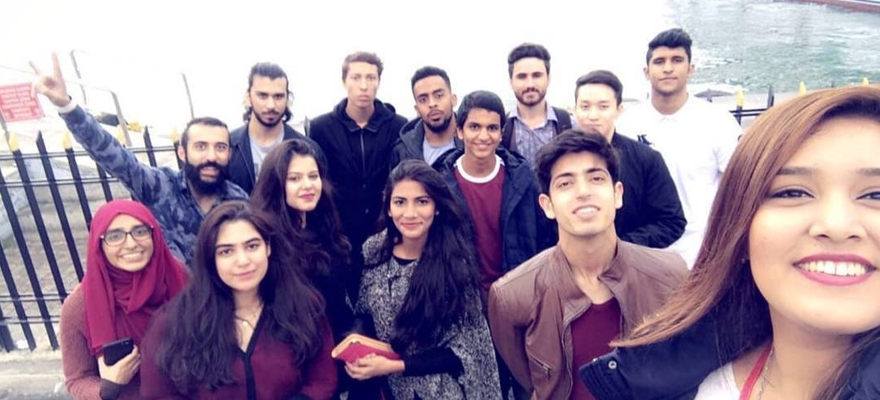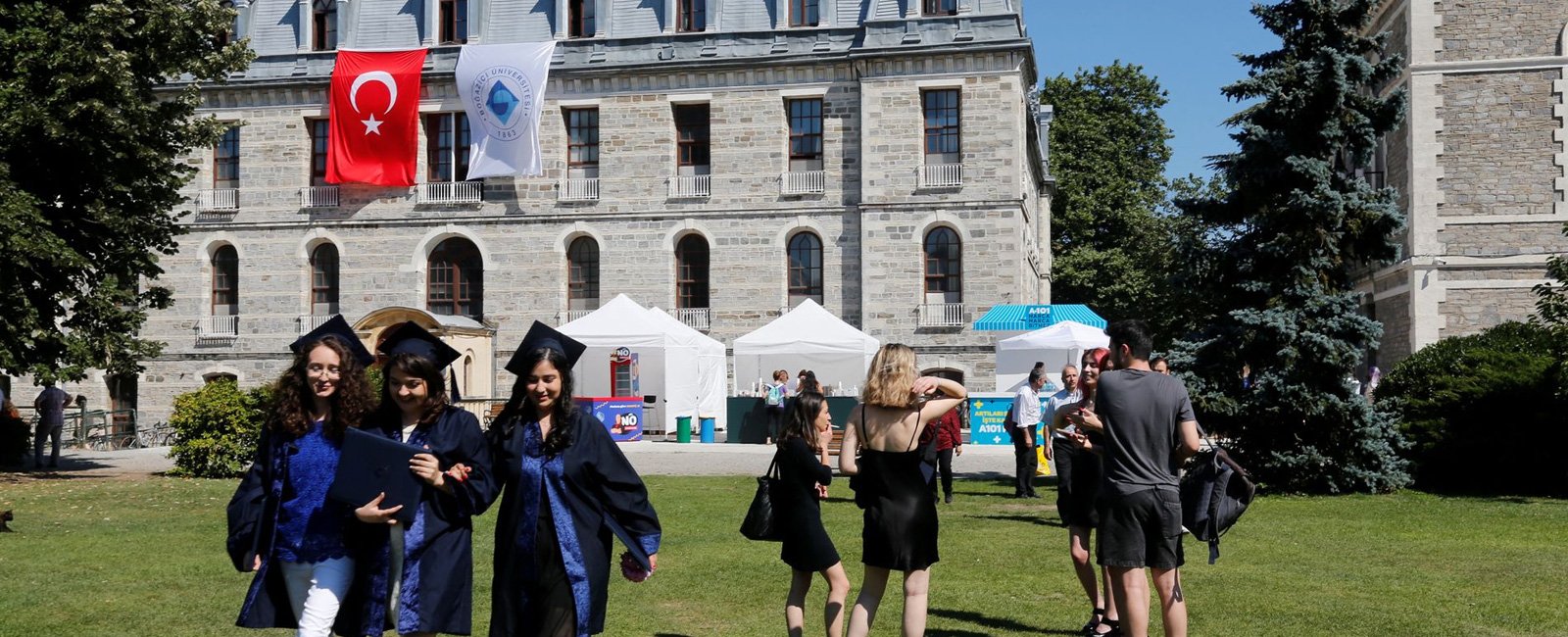Why are Pakistani students opting to study in Turkey?
Turkey's higher education sector is getting international recognition, with students pouring in from across the world

Smack dab in the middle of the geographical world is Turkey, a beautiful country known for its historical attractions. But in the past few years, the country’s higher education sector is also getting international recognition, with students pouring in from across the world.
In just five years, the number of international students studying in Turkey has increased by over 100,000, as per a report by Turkey’s Council of Higher Education.
“Not only is Turkey offering quality education, but it is also very affordable for Pakistani students,” Danish Ahmed, the CEO of the Karachi-based Tri-Star Education, told Geo.tv. “This means you end up spending 1/5th of what you would be spending in the US, or even 1/8th if you were going to a private university.”
Ahmed added that the universities and colleges in Turkey also offer a wide range of scholarships. Since 2011, Pakistani students have received an estimated $10 million dollars in scholarships, he explained.
In the year 2021-2022, the average admission fee of a private university in the United States for international students was $38,185, as per data compiled by US News. While the highest ranked university in Turkey, Koc University, charges close to half of that, at $20,000 a year.
There is another benefit for students who want to pursue higher education in this transcontinental country: the cost of living.

Numbeo, a crowd-sourced global database, ranks Turkey at 120th out of 142 countries in cost of living. While Master’s Portal, another online database that helps students decide which university to choose, puts the average budget of an international student living in Turkey to be around $600 a month, which works out to $7,200 a year. This includes accommodation, travel, entertainment, food, telephone bills, and some light shopping every month.
If we take the average university fee to be $10,000 and add it to the average cost of living in Turkey, a student will be paying an estimated total of $17,200/year.
The Turkish government also supports students by offering them discounted public transport fares, and museum cards, amongst other benefits.
An undergraduate Pakistani student in Istanbul, who wished to remain unnamed, told Geo.tv that she felt much safer in Turkey than in Pakistan. “You can find people walking around the cities late at night without worry,” she said, “Along with that, both countries are majority Muslim which means that the culture between us is remarkably similar. All the food is halal, and the people are friendly.”
Then there is the quality of education, which for many international students is better than what is being offered at home.

Furkan Karakullukcu, who works in the international department at Istanbul’s Ozyegin University, said that the top three universities in Turkey are Koç University, Sabancı University and Ozyegin University. “All three are ranked in the top 600 universities globally,” he added.
Amun Muzammil, sophomore studying psychology at Özyeğin University, agrees that Turkey offers a lot more options than Pakistan.
“Here you have the option of getting a Bachelor of Arts in Psychology,” she told Geo.tv, “Most institutes in Pakistan only offer a Bachelor’s in Social Sciences degree or a minor.”
Despite the positive, there are nonetheless some problems students from overseas also face studying in the country. One of which is the language barrier.
“Most people here cannot speak English,” said Abdul Mutaal, a third-year undergraduate student, which he adds makes it hard for students to communicate. Reports indicate that only 17% of the Turkish population can speak English, to some extent.
Another problem is the lengthy documentation process for applying to a Turkish university. Most colleges require attestations of all paperwork and health insurance, amongst other things. But these red tapes and formalities are not as cumbersome as the ones faced by students applying to the UK or the US.




